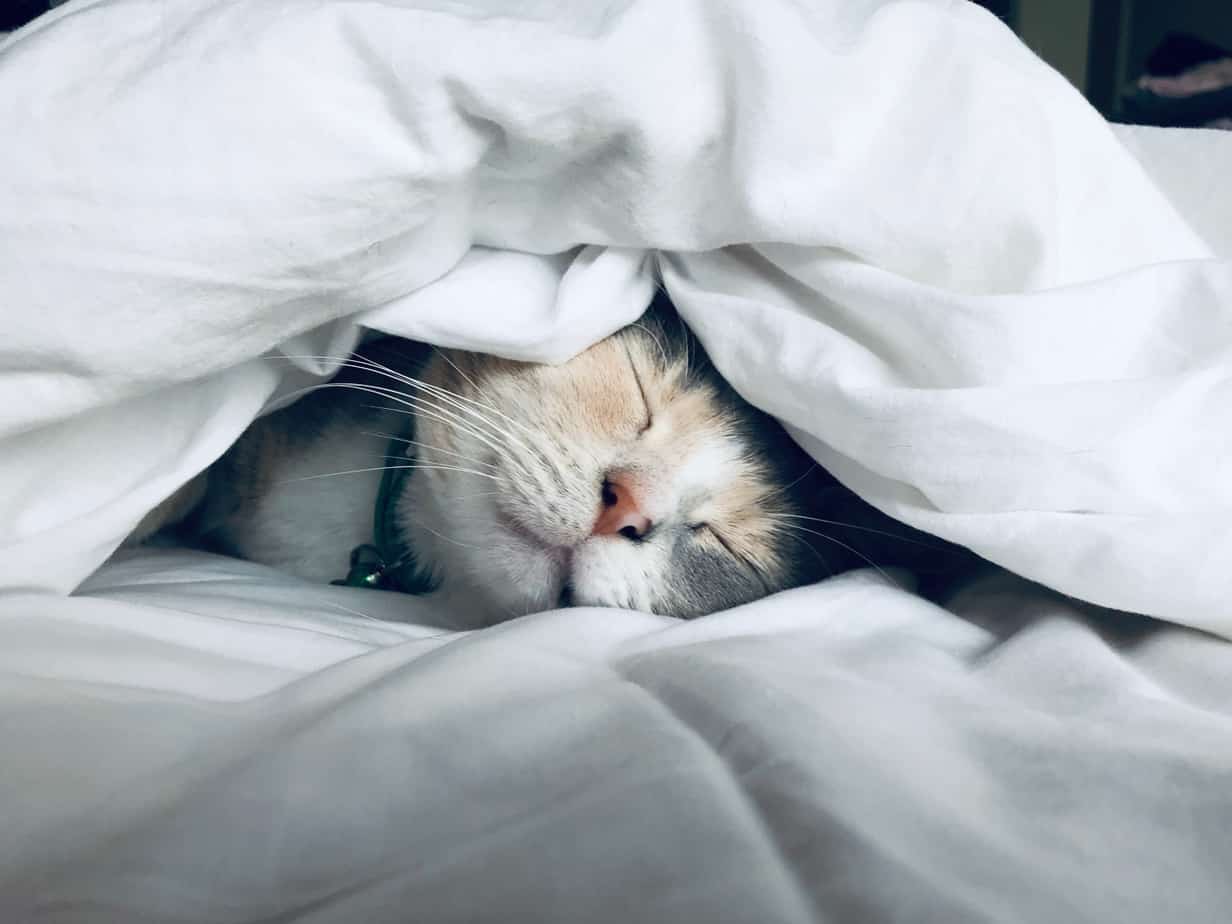
"Many older adults feel fatigued, and often cite this pervasive feeling of tiredness as the main reason they limit their activity. In turn, being too exhausted to see friends or go about your usual activities can mean a decreased quality of life. Such fatigue has long been dismissed as an expected part of aging, but experts are beginning to push back on this idea, says Consumer Reports."
"Now some researchers are shifting their focus from studying fatigue (how tired people are) to studying what's called fatigability: the level of tiredness people feel in the context of the activities they do. They hope that this provides a more comprehensive measurement and helps unearth more about what can cause this type of exhaustion."
"Certain conditions that cause fatigue require a treatment plan developed with a doctor. But for many people, simply becoming more active can help, Jennifer Schrack, Ph.D., M.S., an associate professor in the department of epidemiology at the Johns Hopkins Bloomberg School of Public Health in Baltimore says. Just remember that trying to suddenly exercise a lot more than before might not be sustainable."
"Instead, Schrack says, try increasing your activity just a little bit each week. It doesn’t have to be traditional exercise, she says. Gradually trying to spend less time sitting can help."
"Limiting caffeine, alcohol, and high-sugar and fried foods can also help, as can making sure you stay hydrated throughout the day. If you’re frequently bored, consider participating in a free activity in your community or looking into ways to parlay your knowledge, skills, or experience into volunteering."
"Many causes of fatigue are unrelated to sleep, but if you’re not getting enough sleep or you suspect that your sleep might not be high-quality, trying to improve it should be the first thing you do to see whether it helps. Here are some places to start:
- Set a bedtime. Sleep research strongly suggests that going to bed around the same time every night and waking up around the same time every morning can help
- Light up your day. Exposure to blue light during the day is key to feeling awake. This type of light (ideally from the sun, though also from screens) tells your brain to suppress the hormone melatonin and helps you feel alert
- Avoid blue light at night. For the same reason, try to avoid screens at nighttime
- Get your eyes checked. While different studies have found different results, it may be that if you have cataracts that haven’t been removed, they could be reducing the necessary blue light you need during the day, thereby disrupting your sleep
- Consider sleep apnea. You may also want to ask your doctor about sleep apnea, which occurs more often in older adults and is marked by snoring and reduced or absent breathing."
While Better Sleep Seekers are lying awake at night, unable to sleep, they may be passing the time on their mobile devices or by watching TV. Both are effective advertising methods since TV is where more than half of Better Sleep Seekers get most of their local news and nearly half took action after either seeing an ad on their mobile smartphones or receiving a text ad. Within the past six months, they've also used their mobile devices to watch online or streamed videos and download coupons.
AudienceSCAN data is available for your applications and dashboards through the SalesFuel API. In addition, AdMall contains industry profiles on health clubs and optical stores/optometrists, as well as lead lists at the local level. Media companies, sales reps and agencies can access this data with a subscription to AdMall from SalesFuel.
